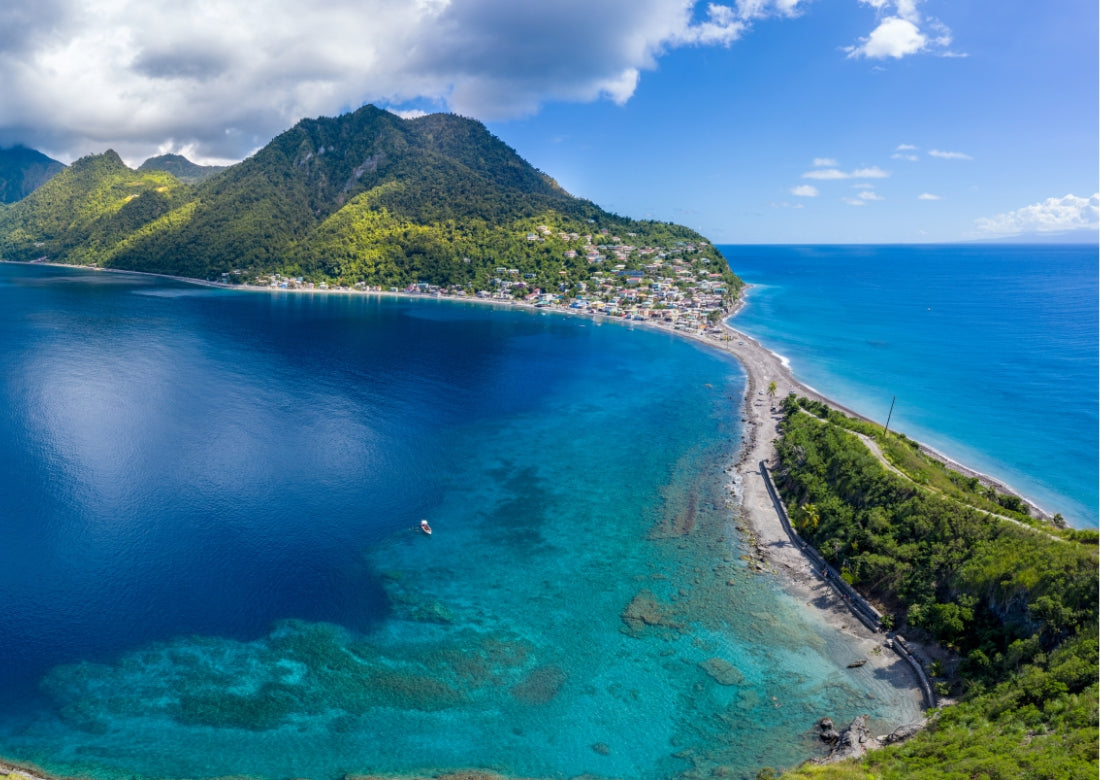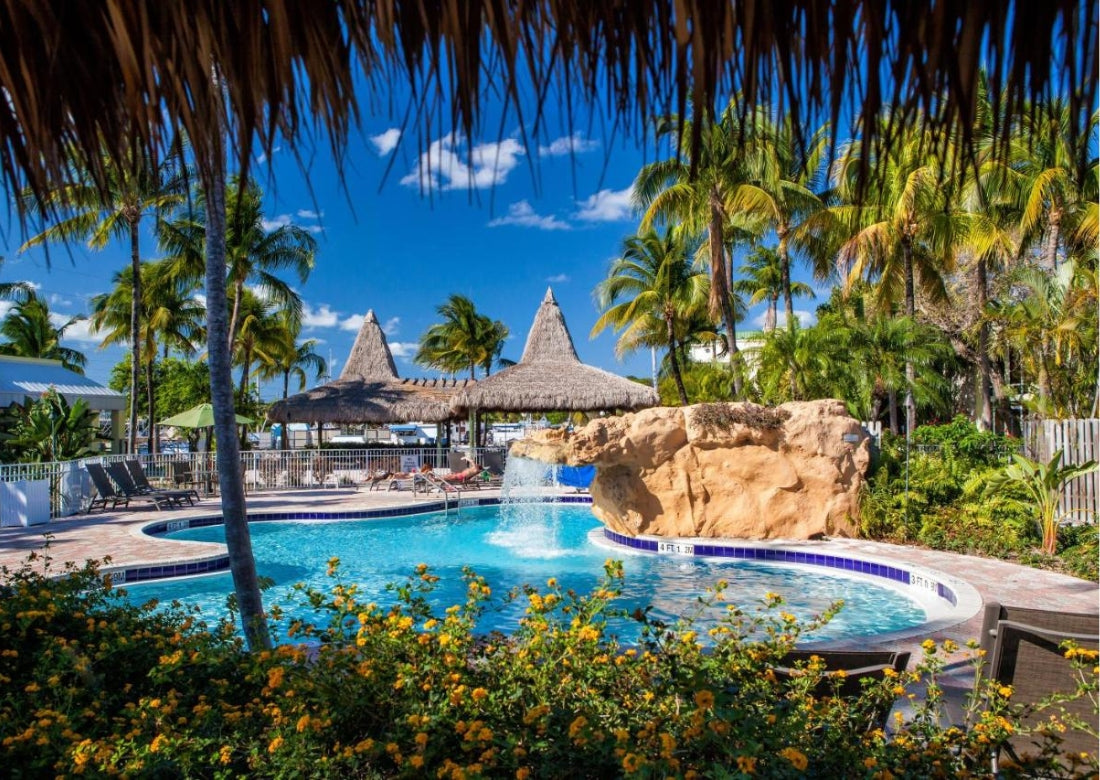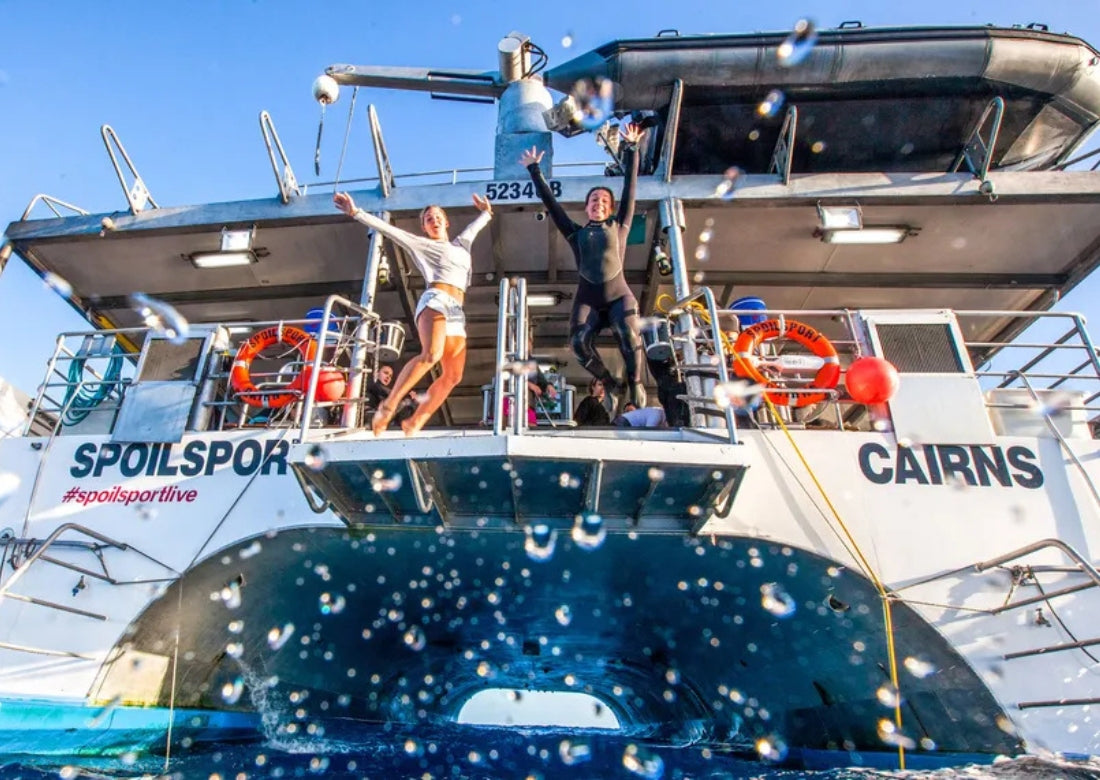Health And Beauty Tips For Your Dive Vacation

Dive vacation is a unique chance to experience both topside attractions and the wonders of the underwater world. Avid scuba divers can optimize their adventure by planning ahead, reading up on popular dive sites, researching trip options and preparing their equipment. However, sunburn, bug bites, stomach aches and tangled hair can undermine even the best laid plans. So here are a few health and beauty tips that will help you avoid unpleasant surprises during your scuba vacation.
HAIR
1. Saltwater, sun and winds will most likely wreak havoc on your hair, so you need to remember to take care of your locks pre and post dive. Wash your hair with a pre-shampoo conditioning treatment or apply a pre-sun and swim product. Don’t shampoo right before your dive though, instead allow the natural oils in your hair to act as a protective buffer. After the dives, put a dollop of conditioner on your hair (look for the reef safe or eco-friendly option) and run your fingers through to keep it from drying out and getting tangled.
2. If your hair is chemically treated, permed or dyed, apply a lot of leave-in conditioner before diving.
3. If you have long hair, always pull it back and secure it neatly. This way it will stay out of your face and scuba unit. The best method is to make a French braid or double braids. If you can’t braid, wearing your hair in a low bun is also a good option. A ponytail is not the best choice of a hairdo for diving, but it is still better than having your hair loose. Remember though, to tie your hair low, otherwise, it can mess up the mask strap placement.
4. Use fabric hairbands instead of elastic ones. Elastics bands can tear and break the hairs, especially if you pull them out when your hair is wet.
5. Get a neoprene mask strap cover to avoid having your hair pulled by the silicone.
6. Consider wearing a neoprene dive hood. It is the most effective solution in terms of keeping your hair completely tucked away for the duration of the dive.
7. In case your hair got knotted anyway and you are looking for a solution, use a liquid “No More Tangle” product. Spray it until dripping, and then slowly start combing your hair from the bottom ends. If you start near the scalp, you will only make things worse.
8. Now about the facial hair, if you are a gentleman with a mustache, beard or both, you may have problems with your mask seal. Some men shave before going on a dive trip to eliminate the problem altogether. However, if this is not the option for you, use silicone grease. Apply it to the part of the mask’s skirt that touches your moustache. Note: do not use petroleum-based products such as Vaseline for this purpose. The chemicals in these products will break down the silicone skirt and shorten the life of your mask.
FACE
1. Your lips can also get dry from salt water, so it is nice to have some lip balm on hand. Although it will usually not stay on while diving, you can apply it during surface intervals.
2. Don’t wear makeup. Even the best waterproof products will most likely smudge when you take your mask off. What’s more, if you have to remove your mask during the dive, mascara can get into your eyes and they may start to burn.
EARS
1. In order to dry up excess water in your ears, use a mixture of half white vinegar and half rubbing alcohol. It will serve as an inexpensive ear-cleaning solution and help you to cleanse and dry the ear canal, as well as reduce the risk of infection.
2. To make equalization easier, practice the Valsalva maneuver (or any other equalization technique that you prefer) frequently the night before the dive and on your way to the dive site.
NAILS
1. Those girls with neatly manicured long nails will be disappointed to learn that they won’t stay like this for long during a scuba vacation. Handling scuba gear, long water exposure (depending on what type of nail polish you use) and even some sunscreen lotions (dibutyl adipate is not good for acrylic nails) can cause your nails to break and mess up your manicure pretty quickly. Unfortunately, the best solution here is simply keeping your nails short.
SKIN
1. Don’t forget to stock up on sunscreen (search for reef safe options). Even if the product is waterproof, reapply it after the dive for best results. Make sure the sunscreen you choose protects against both UVA and UVB rays and is SPF 35 or more.
2. To keep your skin in balance and protect it from harsh elements outside, moisturize regularly. Prior to using any body moisturizers, cleans your skin in depth, removing salt and other debris from the sand and the ocean. Then you can use any general creams, lotions and hydrating drinks or get a skincare product formulated specifically for divers.
HYGIENE
1. If your neoprene dive clothing has developed an unpleasant odor, you can use “Sink The Stink” solution. It works by killing the bacteria, that grow on your gear when it gets wet. Simply mix 0.5 oz of the solution into 10-20 gallons of warm water, and immerse your gear into the mixture. Soak it for 5-10minutes and then air dry it without rinsing again in fresh water.
2. Good hygiene does not only save you from bad smell, but also helps to prevent bacterial infections. After the dive try to dry yourself thoroughly as soon as possible. If you are visiting the tropics, consider purchasing a body powder to prevent bacterial buildup.
HEALTH
1. Before going on a trip make sure all your vaccinations and immunizations are up to date. Check the Centers for Disease Control and Prevention website to learn some safety and health advice about your specific destination.
2. To avoid digestion problems when eating in a different country, consider taking probiotics. They contain beneficial bacteria that can help balance your digestive system's natural flora, thus preventing foreign pathogens from getting a foothold and causing problems. Take one capsule a day as a preventative measure.
3. If you have doubts about the quality of water in your destination, stick to bottled water to drink and to brush your teeth. Don't add ice to your drinks unless you’re positive it was made with bottled water.
4. If you take prescription medications, keep them in the original containers, with the pharmacy label and in quantities reasonably consistent with personal use. Have a letter from the prescribing physician to attest the prescriptions are legitimate.
5. To avoid mosquitoes, ticks and other tropical pests make sure to pack a herbal, nontoxic insect repellent.
6. When on the beach, wear sandals, flip-flops or any other kind of shoes to protect your feet from parasites that can burrow up into your skin.
7. If you get stung by a jellyfish, pour vinegar over the affected area and remove the tentacles from your skin using tweezers. Once the tentacles are removed you can relieve the pain by taking painkillers or applying heat to the affected area.
8. If you wear contact lenses, pack a few extra disposable ones. They will come in handy in case you lose yours when diving or swimming. Don’t forget to bring enough contact lens solution with you, as it may not always be readily available in some countries.
9. Prone to seasickness? Take a box of motion sickness prevention tablets or if you have none, suck on a ginger candy. Keep your eyes on the horizon and avoid sitting at the stern of the boat, as diesel fumes will only make you feel worse.
10. Consider getting Divers Alert Network insurance. They offer a few different insurance plans at reasonable rates.
Do you have any effective health and beauty tips to use during a dive vacation? Feel free to share them in the comments!




